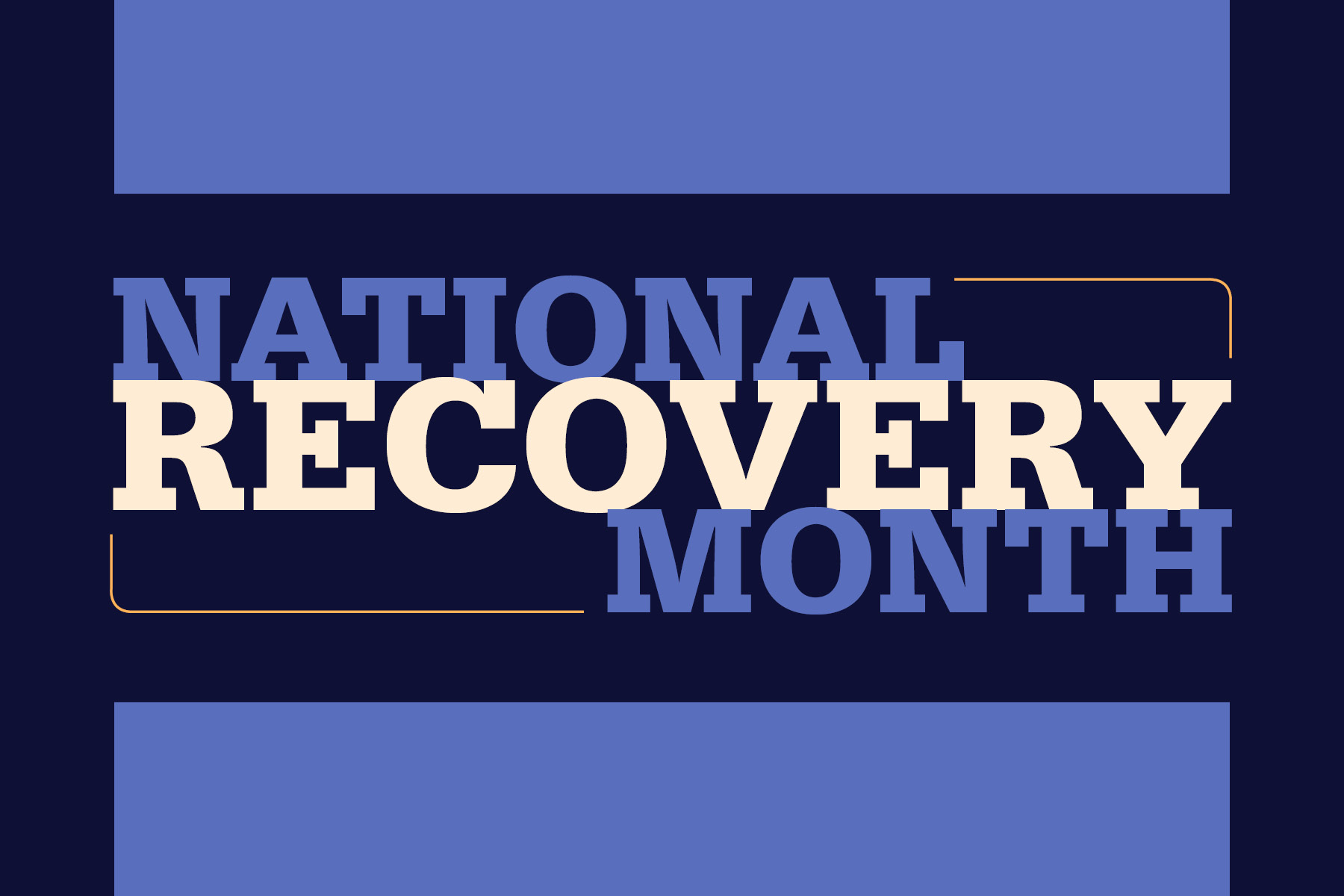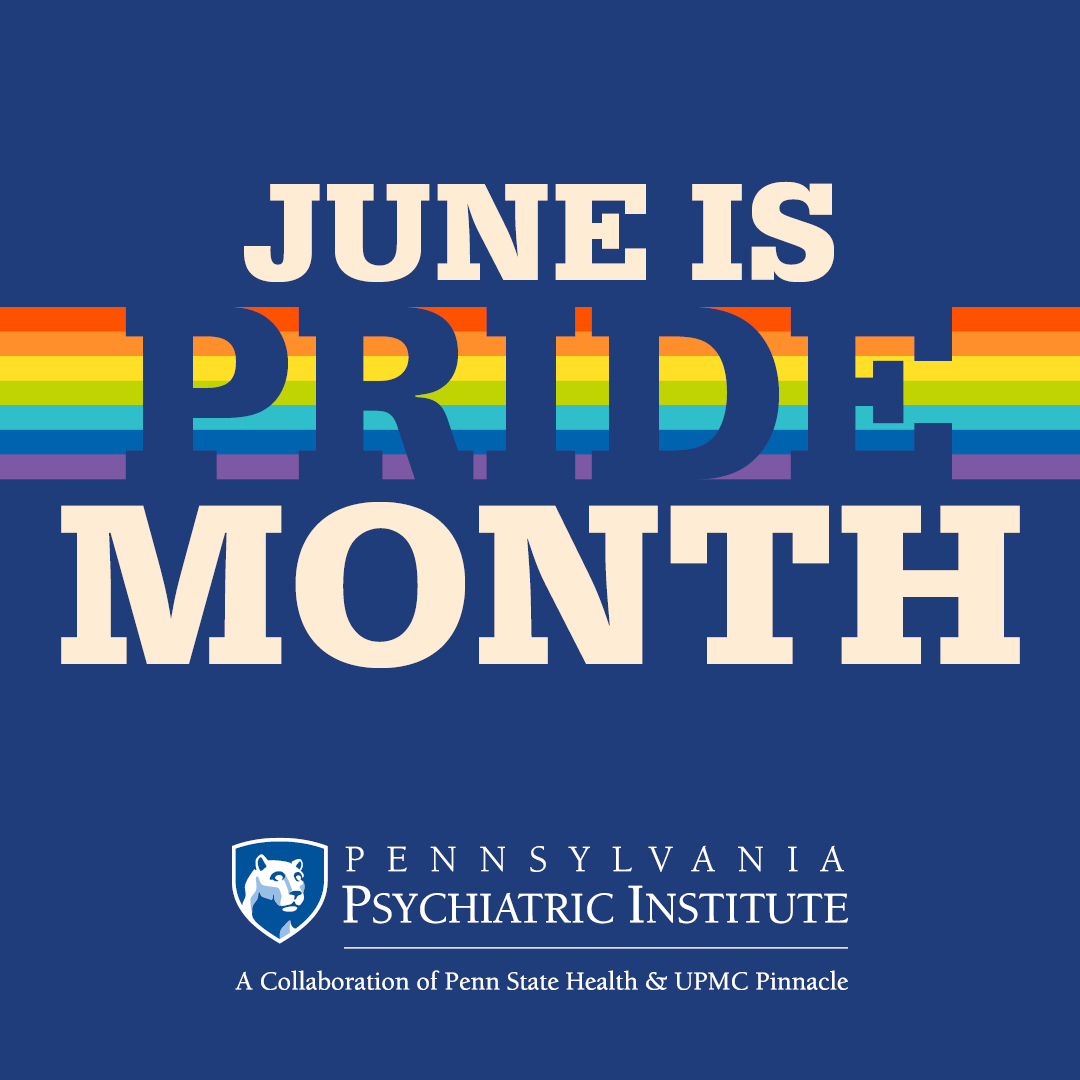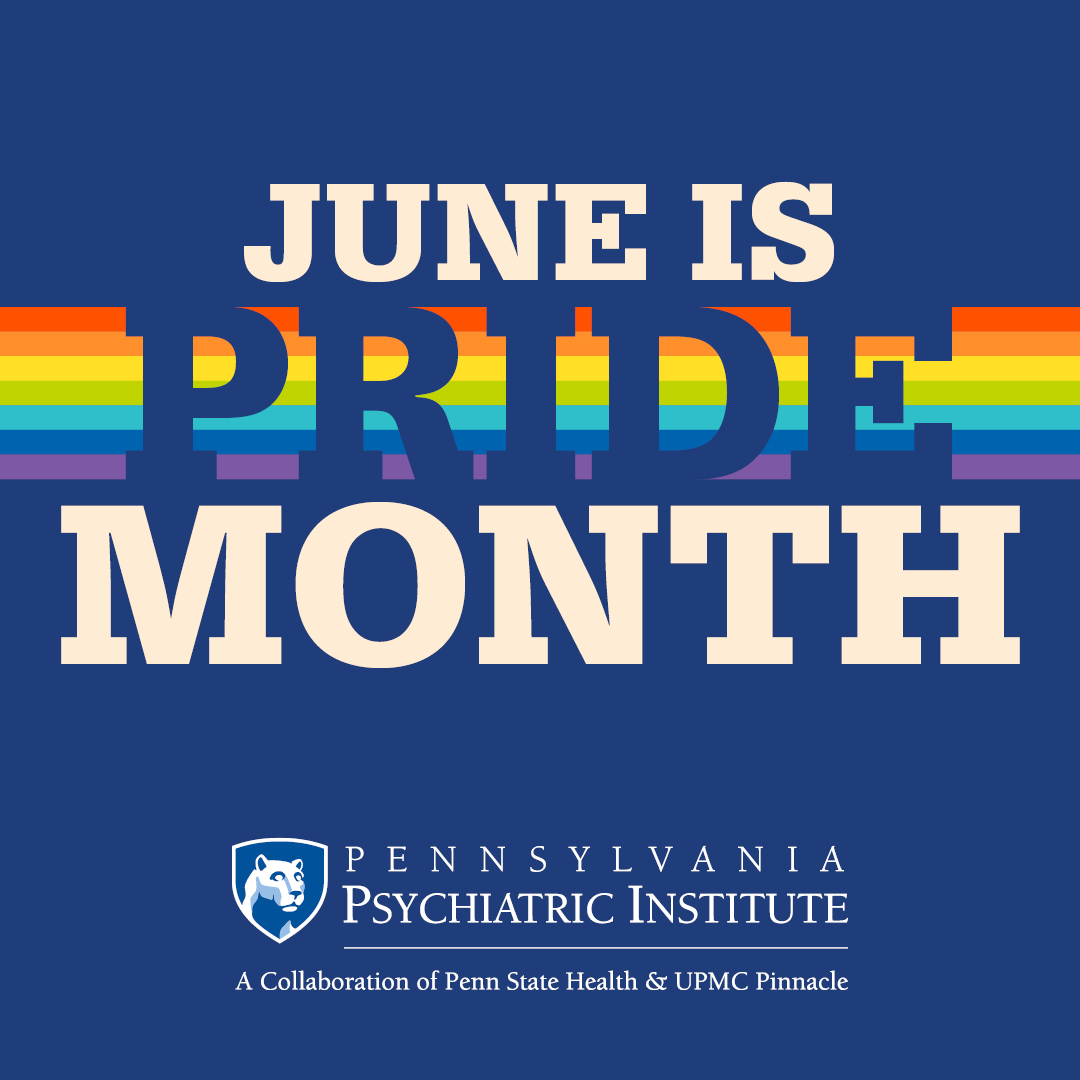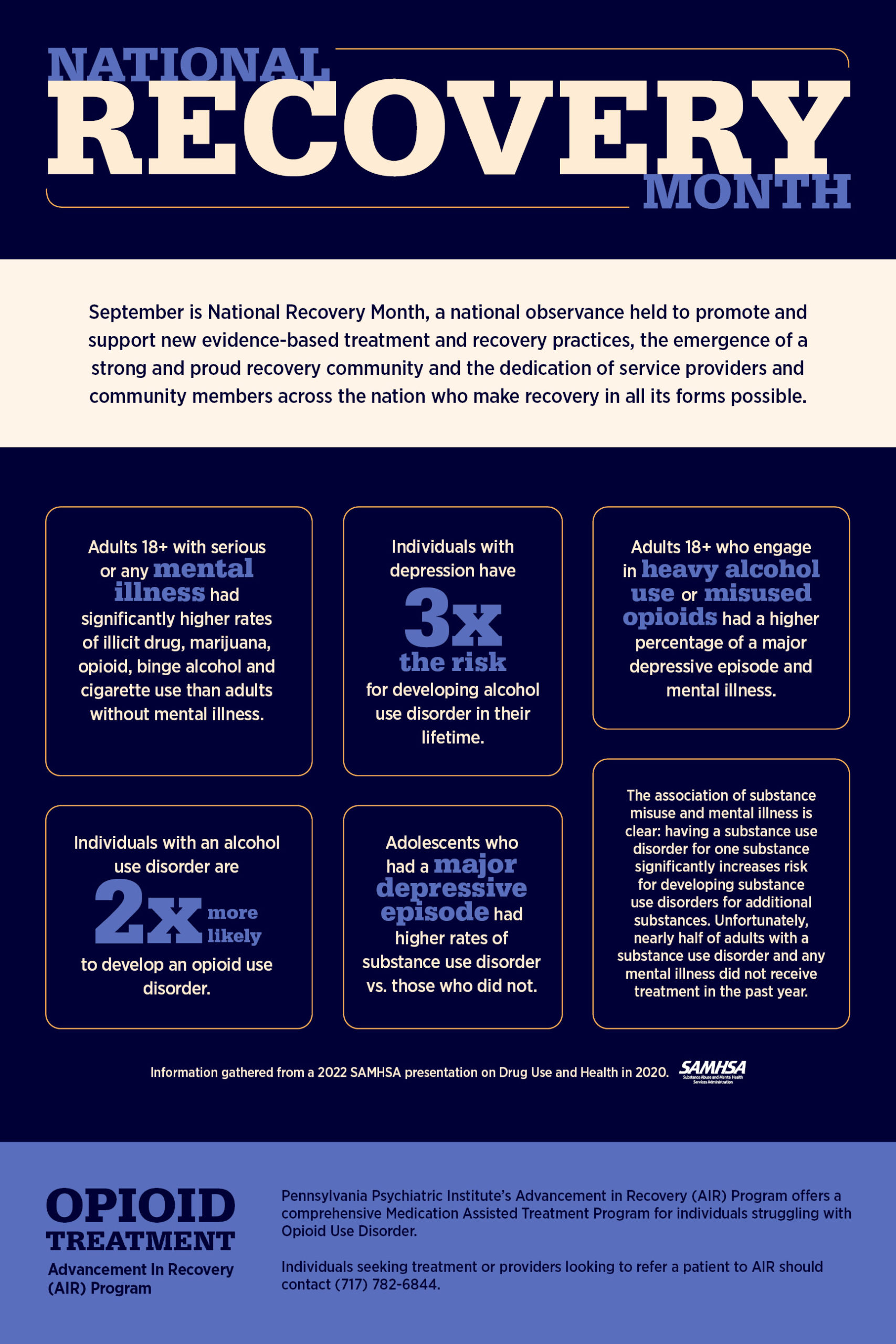
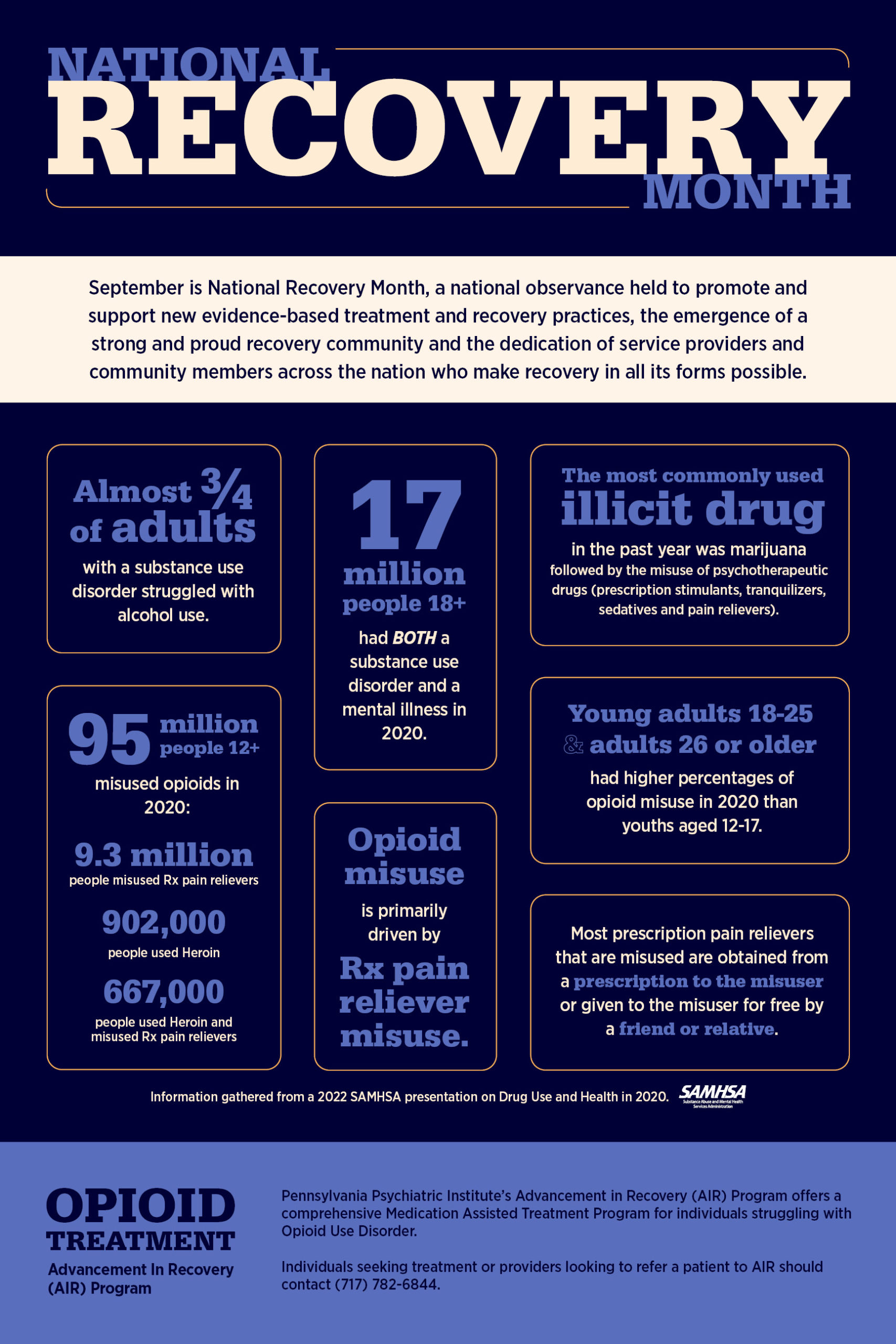
News Post Category: News
Supporting the LBGTQ Community
This month, PPI celebrates Pride. Pride is about people embracing who they are and coming together to show how far gay rights have come. Although awareness and support for the community continue to grow, members still face discrimination and mental health struggles. During June, we want to educate and encourage you to learn more about how you can be a better ally to the LGBTQ community and support this celebration of acceptance and love.
The LBGTQ+ community faces devastatingly high rates of mental illness, including elevated rates of depression, substance abuse and suicide. Reportedly, around 65% of people in the community experience harassment and discrimination as well.
Factors of stigma, rejection, discrimination, shame, and fear all play a role in the daily challenges those in the community face. Supporting a loved one, whether it’s a friend or a family member, goes a long way in building their confidence and showing that you fully accept them for who they are.
Here’s what you can do to support someone you love:
1. Consider Your Biases
Sometimes our biases can cause us to act in a discriminatory manner without being aware of it. Reflect on your own thoughts and perceptions and take a closer look at what you say or do. It is okay to make mistakes and ask questions, as it is part of your own learning process.
“We don’t have to understand something to support it. We can support our loved one while working to understand. There are lots of resources available to help educate us,” notes the lead provider of PPI’s LGBTQ Clinic, Katharine B Dalke, MD MBE. Some helpful resources are listed below.
2. Acknowledge Your Loved One’s Identity
Learning about your loved one’s sexual identity and orientation may come as a shock. Just by acknowledging, accepting and respecting, they’re already in a better head space. Avoid silence.
Dr. Dalke recommends: “Actively affirm your loved one by using their chosen name and pronouns. Using someone’s chosen pronouns can be lifesaving. Just by being a supportive presence you are helping them thrive and be safe.”
LGBTQ youth are the largest part of homeless youth in the US. A study found that transgender youth have lower suicide rates when people around them use their chosen pronouns and names.
3. Have their Back
“I see parents struggle with understanding what LGBTQ means to the person they love. They often fear that something bad will happen to them because of it. However, the single most important protective factor is a supportive and loving family and community. The data shows that supporting them and helping them move through the world safely is what helps them the most” explains Dr. Dalke.
Lessen the barriers that loved ones in the LGBTQ community face by: educating family members on their identity, being there as a support in the case of discrimination, advocating for diversity trainings in the workplace and calling out anti-LGBTQ words and actions when you encounter them.
4. Encourage a Healthy Social Life
Having an identity that does not fit into the “norm” can be isolating. Encourage loved ones to be a part of the social circle. Local or online LGBTQ organizations can provide opportunities to connect and make friends. Being a part of the conversation is great for their self-esteem and mental health.
Encourage them to be a part of non-LBGTQ social settings. Involvement in friend and family gatherings is just as important in obtaining full support. Dr. Dalke observes, “Sometimes we don’t ask them about things like crushes like we do for straight kids. Asking the loving and respectful questions you normally would affirms your loved one and shows them acceptance.”
5. Help Your Loved One Access Mental Health Treatment
Since your loved one is at an increased risk for mental health symptoms or illness, getting good treatment is helpful at any time.
Mental illness is an overwhelming feeling. Do some research on treatment options and help in choosing a therapist or treatment facility. LGBTQ patients are more likely to have access issues – they are less likely to have health insurance and are more likely to avoid mental health care because of previous bad experiences. If you can, provide solutions for financial support or other barriers in accessing treatment.
A sense of belonging is pivotal in making sure your loved one’s identity is fully supported and accepted by friends and family. Educate yourself, family members and friends, step in where necessary and advocate for their well-being. The more people they have on their side, the more comfortable they are in facing the stigma and other discriminatory acts.
“By providing your loved one with love, acceptance and affirmation, you are helping them to build resilience, strength and pride for who they are.”
The LGBTQ Clinic at PPI offers support to not only those who identify as LQBTQ+, but their families as well. You can learn more about the clinic in this article, or by calling (717) 782-6420.
Curious about learning more? Check out these references:
- 2020 PA LGBTQ Health Needs Assessment
- GLAAD Media Reference Guide – 11th Edition
- GLAAD Media Reference Guide – LGBTQ Terms
- org Resources on Personal Pronouns
- Home New (centralpalgbtcenter.org)
Sources:
5 Ways to Support Your LGBTQ Loved One’s Mental Health – Constellation Behavioral Health
6 Ways to Support the Mental Health of Your LGBTQ Loved Ones – Talkspace
Laverne Cox: Breaking Barriers as a Transgender
This month, PPI celebrates Pride. Pride is about people embracing who they are and coming together to show how far gay rights have come. Although awareness and support for the community continue to grow, members still face discrimination and mental health struggles. During June, we want to educate and encourage you to learn more about how you can be a better ally to the LGBTQ community and support this celebration of acceptance and love.
Third to be highlighted is Laverne Cox, Emmy-nominated American actress, star of the Netflix series Orange is the New Black and LGBT advocate.
She grew up in Mobile, AL where she started dance lessons at eight years old. Her childhood revolved around performing in dance recitals and talent shows, with the hopes of becoming famous on Broadway and in television and movies.
Throughout this point of her life, she was very feminine. She was bullied and taunted in school and was made fun of by other students.
In college, Cox started her medical transition and living and identifying as female. She performed in drag shows in the nightclub scene, so she could still fulfill her desire to perform.
Candis Cayne’s role in Dirty Sexy Money (2007), made her the first transgender actress to play a recurring transgender character in a primetime show. Cox didn’t think it was possible to be openly trans and have a career as an actress. Once the movie premiered, she sent a postcard with her contact information to a list of about 500 agents and casting directors.
Sophia Burset is Cox’s most groundbreaking role in the critically acclaimed Netflix original series Orange is the New Black. Her attention was brought to diverse audiences around the world. This role led to her becoming the first openly transgender actress to be nominated for an acting Emmy and the first transgender woman of color to have a leading role on a mainstream scripted tv series.
Cox is also the first transgender woman to appear on the covers of TIME Magazine, British Vogue, Cosmopolitan Magazine, and Essence Magazine.
In 2020, she produced an Emmy-winning Netflix documentary, Disclosure, a film that takes an eye-opening look at transgender depictions in film and television.
Laverne inspired a world of people in developing an understanding of what transgender means and the issues they face. She will be honored this year for her advocacy work at this year’s Webby Awards.
The awards, presented yearly by the International Academy of Digital Arts and Sciences, or IADAS, are often described as the “internet’s highest honor” and they celebrate excellence of all things internet.
“Laverne Cox’s body of work in advocacy is as long and celebrated as her performances on screen. She has worked tirelessly championing for awareness and civil rights, so it is our honor to recognize her as Webby Advocate of the Year,” organizers said in a news release.

Laverne Cox Credit: Biography.com
Sources:
https://time.com/135480/transgender-tipping-point/
https://www.nydailynews.com/ny-laverne-cox-honored-advocate-of-year
Barbara Gittings: Mother of the LGBT Civil Rights Movement
This month, PPI celebrates Pride. Pride is about people embracing who they are and coming together to show how far gay rights have come. Although awareness and support for the community continue to grow, members still face discrimination and mental health struggles. During June, we want to educate and encourage you to learn more about how you can be a better ally to the LGBTQ community and support this celebration of acceptance and love.
Second to be highlighted is Barbara Gittings, a gay rights activist and widely regarded as the mother of the LGBT civil rights movement. Gittings was born in Vienna, Austria, in 1932.
In 1958, while commuting from Philadelphia, she started the New York chapter of the Daughters of Bilitis (DOB). This was the nation’s first lesbian civil rights organization in the United States.
Gittings enlisted activists from New York, Washington, D.C. and Philadelphia for the first public demonstrations for gay and lesbian equality. From 1965 to 1969, in front of Independence Hall every July 4th, protests known as Annual Reminders paved the way for the Stonewall riot in 1969.
In 1970, a march commemorated the first anniversary of the Stonewall – from Greenwich Village to Central Park. It was remembered as the first New York City Pride Parade.
Gittings edited the Ladder, a lesbian periodical published by the DOB. In the 1964 issue, her editorial blasted a medical report that described homosexuality as a disease, that treated lesbians more like “curious specimens” than as humans. She went on to stop the American Psychiatric Association from classifying homosexuality as a mental disorder.

Barbara Gittings Credit: TIME Magazine
In 1973, the APA announced its removal of the classification of homosexuality as a mental disorder. With their retraction, the gay rights movement was no longer burdened by the label and its consequences.
From then on, she promoted gay literature and eliminated gay discrimination in the nation’s libraries. She worked closely with the Gay Task Force of the American Library Association and edited their bibliography about gay men and lesbians. In 2001, The Free Library of Philadelphia named the “Gittings Collection” of gay and lesbian materials at its Independence Branch.
In 2012, Philadelphia City Council approved a designated block in the heart of the city’s gayborhood “Barbara Gittings Way.”
Barbara died of breast cancer at age 74. Her numerous awards and recognition carried on her legacy of monumental changes in the gay rights movement.
Sources:
https://lgbt50.org/barbara-gittings
https://time.com/5793614/barbara-gittings-100-women-of-the-year/
https://www.nytimes.com/2007/03/15/obituaries/15gittings.html
Karl Ulrichs: Speaking Out on Homosexuality
This month, PPI celebrates Pride. Pride is about people embracing who they are and coming together to show how far gay rights have come. Although awareness and support for the community continue to grow, members still face discrimination and mental health struggles. During June, we want to educate and encourage you to learn more about how you can be a better ally to the LGBTQ community and support this celebration of acceptance and love.
First to be highlighted is Karl Heinrich Ulrichs, a gay rights activist, lawyer and writer. He was born in 1825, in Hanover, Germany.

His experiences with homosexuality started early on. As a child, he gravitated towards clothing that were deemed feminine by his culture. At 14, he was sexually abused by a riding instructor, something that would remain with him throughout his life.
When he began his career in law, he became aware of his identity and attraction to men. In 1857, his self-awareness led to his dismissal from his job as a legal adviser for the district court of Hildesheim. This led to him becoming more comfortable and vocal about his sexual orientation.
He told his family and friends that he was in his own words, an “Urning” – a term he coined to describe a gay man. In Ulrichs’ lifetime, he refused to use the word ‘homosexual’ when it was discovered. He resented that “sexual” was a part of the word at all and that it should be seen beyond sexual acts.
Ulrichs concluded that love between two men was natural, and something people were born with. His theory was that men were attracted to men being born with a “germ” that made them internally feminine. As he learned about different types of attraction between males and females, his theory expanded. This laid the groundwork for an argument of fair treatment among homosexual identities.
In August 1867, he became the first homosexual person to publicly speak in defense of homosexuality. Despite his multiple arrests, he addressed to Congress of German jurists to repeal anti-homosexual laws.
Although he fought German politics unsuccessfully for years, he reflected, “Until my dying day I will look back with pride that I found the courage to come face to face in battle against the specter which for time immemorial has been injecting poison into me and into men of my nature… I am proud, that I found the courage to deal with the initial blow to the hydra of public attempt.”
Urlichs died in 1895, but his revolutionary efforts helped push the gay rights movement into the spotlight.
Sources:
https://legacyprojectchicago.org/person/karl-ulrichs
https://www.makingqueerhistory.com/articles/2018/3/13/karl-hinreich-ulrichs
Jewish American Heritage Month

Asian Pacific American Heritage Month

Mental Health Awareness Month

Substance Use and a Pandemic
From WITF:
Amid the COVID-19 pandemic, Americans are also facing a substance use crisis. According to the Centers for Disease Control, the pandemic has prompted more people to start or increase use of a substance as a way of coping with the stress. Overdose deaths have also spiked since the start of the pandemic.
See the video on WITF’s website: https://video.witf.org/video/substance-use-and-a-pandemic-3mabnk/
Seasonal Depression
The holidays are typically viewed as the season for joy and happiness, but that is not always the case for everyone. For some, the holidays bring sadness, loneliness, and depression.
Read our Holiday Blues blog to learn what you can do if the holidays are getting you or a loved one down.

